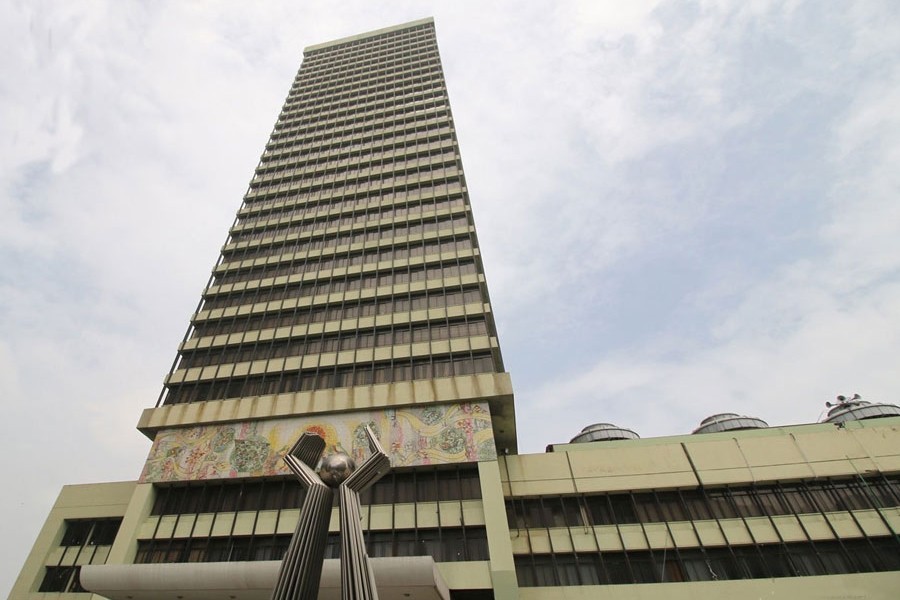The Bangladesh Bank (BB)'s recently announced refinance scheme worth Tk. 5 billion to help the pandemic-hit disadvantaged sections of society to restart their economic activities is well-timed. The fact that the credits available for the intended beneficiaries would be collateral-free is definitely a positive aspect of the BB's latest pro-poor credit scheme. Moreover, as there is the existence of the BB's credit guarantee scheme to facilitate provision of collateral-free loans of maximum Tk. 5 lakh, the scheduled banks should find it convenient to implement the credit programme by paying the guarantee fees as required. It is worthwhile to note at this point that the BB has directed the topmost executives of the scheduled banks to treat the pandemic-affected loan beneficiaries including the marginal and landless farmers, small businesses, those engaged in various occupations and Char and haor people with priority. Also, included among them are male and female persons of special need. School dropouts, for example, will be able to avail the loan to receive vocational and technical training where their parents would act as the guarantors. Similarly, school banking account holders will also be able to access the credit fund to buy educational materials to pursue higher studies. Here again, their parents would provide the required guarantee. Thus, the thrust of this special credit fund becomes evident from the very nature of the clientele it aims to address. As such, the banks to disburse the loan money would be required to be especially careful to ensure that the sections of the population that weathered the pandemic's first wave and now facing the onslaught of the second one may continue with their income earning activities.
One may recall here that back in 2010, the BB instructed the state-owned banks to the effect that farmers could open accounts with a nominal deposit of Tk. 10. Clearly, the purpose of this government move was to make the marginalised sections of society bank-worthy. Later in 2014, the launching of a refinance scheme by way of creating a revolving fund worth Tk. 2 billion paved the way for revitalising the rural economy through enabling the rural poor to participate in the economic activities. All such government measures are indicative of the urgency of involving the most disadvantaged sections of society in the economic activities. Therefore, it is believed that the banks would access the BB's last announced special fund at only 1 per cent interest and then forward it to the targeted clients at a maximum interest of 7 per cent and thereby duly meet the desired objectives of the credit scheme. Mention may be made here of the slow progress noticed earlier in the disbursement of the various stimulus packages announced by the government to bail out the cottage, micro and small businesses immediately after the first pandemic wave had struck. It goes without saying that the delay or outright failure on the part of those responsible for reaching the money to the intended beneficiaries defeats the very purpose of the credit fund so created. Against this backdrop, it is only expected that loan officials at the desks of the state-owned banks through which the credit fund in question will be channelled would play a proactive role in delivering the fund to the intended clients. Hopefully, this time the targeted recipients would be able to draw the expected benefit from the BB's special credit scheme.


